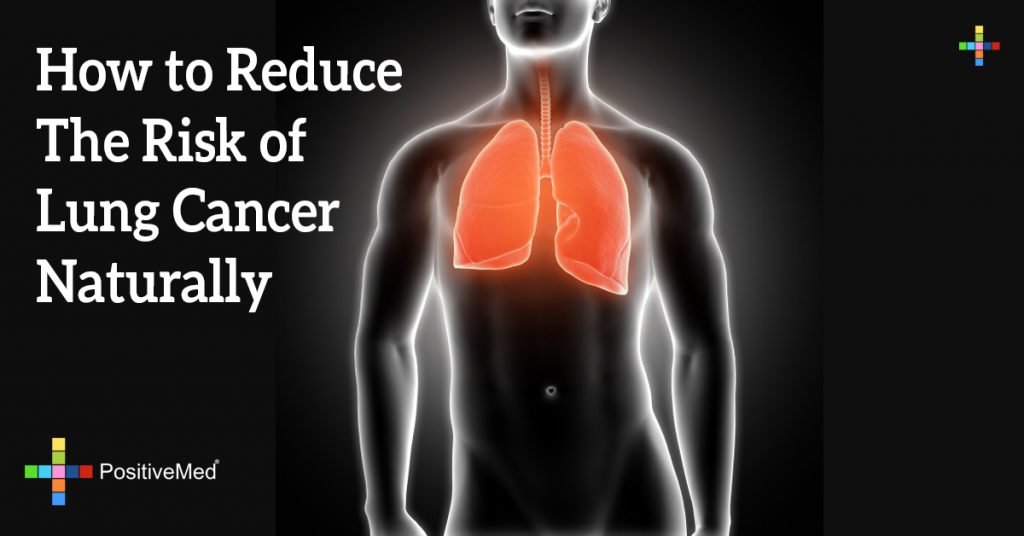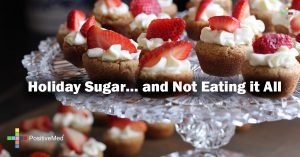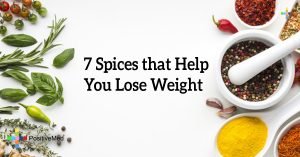
Let’s begin with the obvious, if you smoke, stop. Tobacco use is responsible for 87 percent of lung cancer deaths. But what can you do to protect yourself, besides run screaming from cigarettes? Something as simple as eating more vegetables can help, they contain a grab bag of cancer preventive compounds, like the carotenoids in dark green and deep yellow, orange, and red produce.
Cruciferous vegetables:
Cauliflower, brussel sprouts, and broccoli are packed with sulforaphane, considered one of the most potent cancer fighters found in food.
These vegetables also contain a substance called indole-3-carbinol, which works like a clean up crew, repairing damage that carcinogens do to cells before they can turn cancerous.
Oranges, papayas, peaches, red bell peppers, and carrots:
The colors red and orange come from a type of carotenoid called beta-cryptoxanthin that specifically seems to safeguard smokers.
Soy food:
Estrogen may encourage the growth of lung tumors, and blunting estrogen’s effect may help slow or even stop lung cancer’s development.
Salmon, sardines, mackerel, and other foods high in omega-3 fatty acids:
The combination of cigarette smoke and animal fats promotes lung cancer. Substituting fish high in omega-3 fatty acids for meats appears to minimize the effect.
Spinach, kale, beans, and other food rich in folate:
Folate can reduce the risk of lung cancer up to 40%. Smoking and alcohol drain folate from the body.
Off the menu: Red meat has a strong link with lung cancer.
SOURCE Food cures, Reader;s Digest Assosiation, 2009






